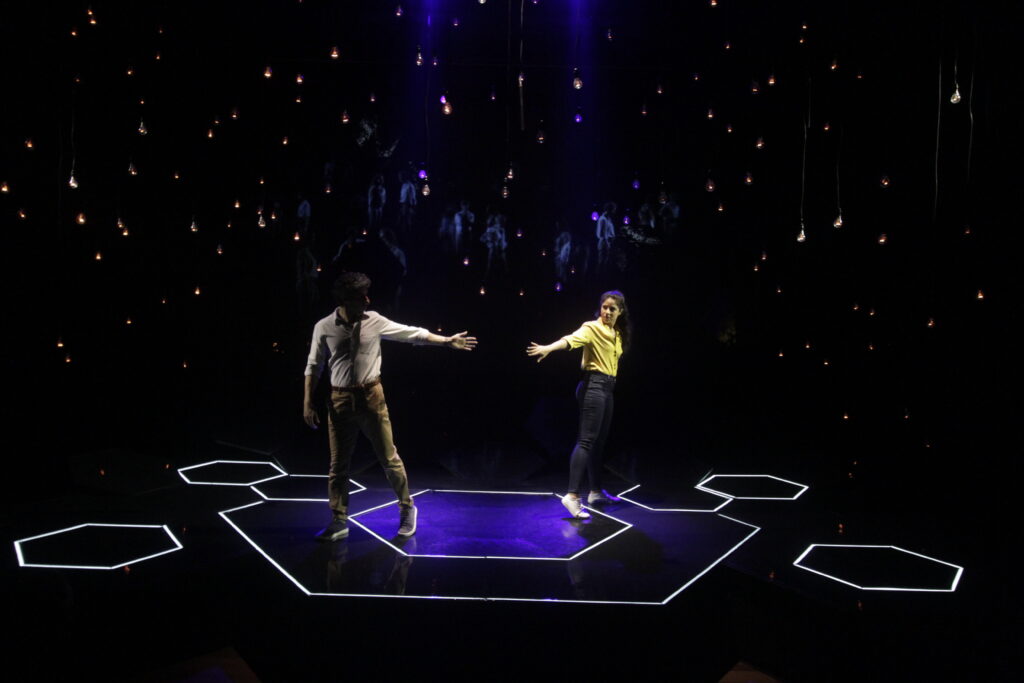Author: Kanika Khurana and Atanu Ghosh
Organisational structure is crucial for the success of performing arts organisations, especially in developing countries like India. Survival is a significant challenge, and sustainability is a primary objective. This study of six Indian theatre organisations reveals key factors contributing to their sustainability. The authors first conducted a pilot study (of 8 semi-structured interviews) followed by a total of 35 in-depth interviews, with stakeholders from across six organisations.
These organisations heavily depend on a small core group, often the founders or their families, and maintain strong personal networks within the arts sector. Their membership is adaptable and project-focused, and their organisational boundaries are flexible. Comparing these findings with Western literature highlights differences in the organisational structures of arts organisations in India and the West.
Key Highlights:
Several aspects of the structure of theatre organisations to ensure long-term sustainability have been described in this paper.
- Since the organisation is highly dependent on a small core group taking up both managerial and artistic responsibility, the core is key to its continuous survival. Theatre organisations in India are still not institutionalised with boards and independent structures to eliminate dependence on founder-leaders, probably due to constrained resources and lack of arts management training in India.
- The core is supported by members with an impermanent, either voluntary or contractual association with the organisation. The lean and fluid structure of Indian arts organisations is inadequate in isolation and has to be supported by strong personal and industry networks. These networks offer support not just for artistic collaboration but also for sourcing artists and staff for different projects that would be extremely challenging to execute with the small number of core members.
- The transient membership for different productions and performances also highlights the project-oriented structure of theatre organisations. The nature of work of theatre organisations essentially involves creation of new and innovative productions alongside sporadic performance schedules for existing productions based on available opportunities.
Download the full report here.


